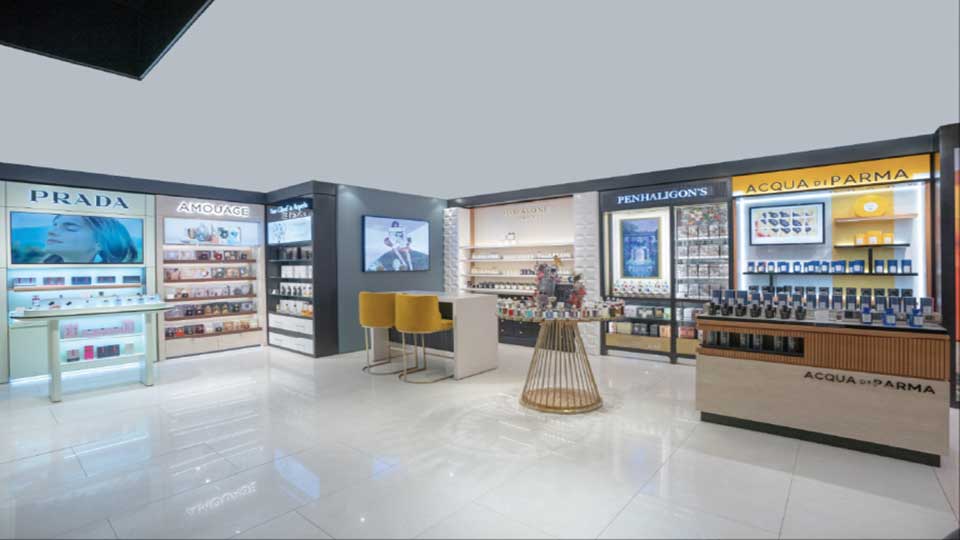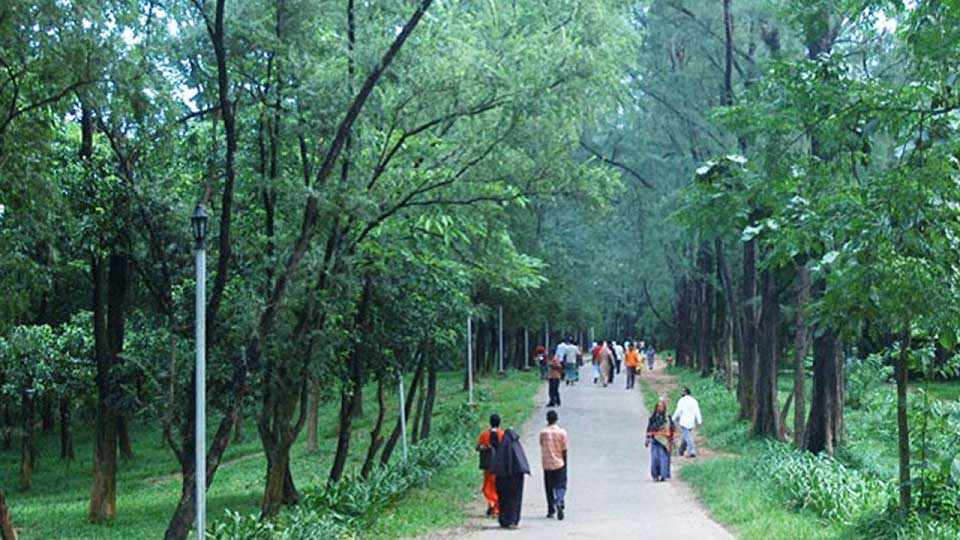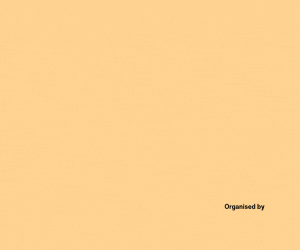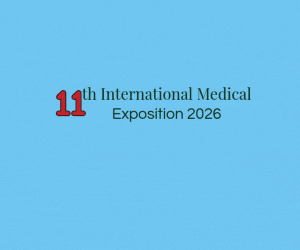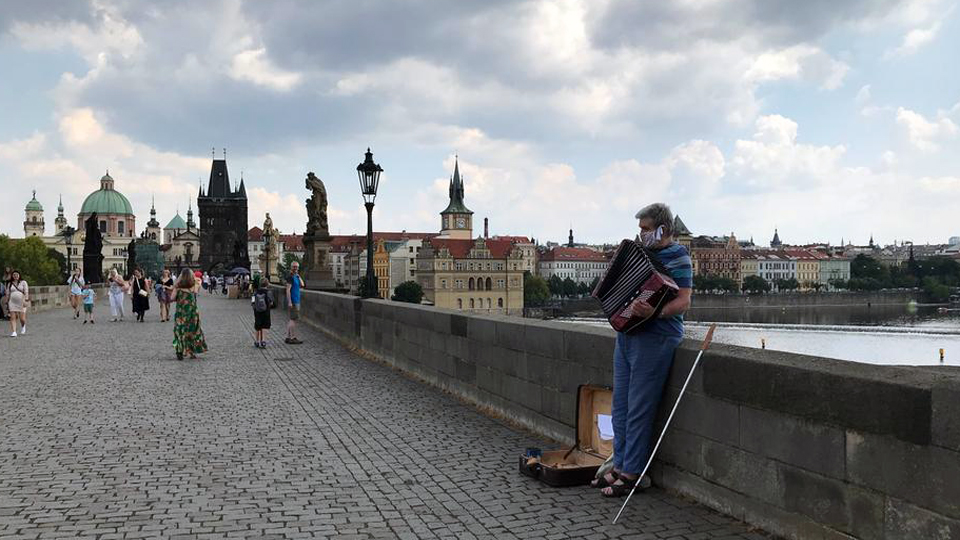
Dhaka: Renowned tourism hub of Europe Prague is gradually reopening its doors to international tourists following the coronavirus pandemic.
While entry restrictions to the Czech Republic are slowly lifting, with the first focus on neighboring states including Germany, it is expected to take a couple of years until the flow of international tourists recovers towards its pre-pandemic volume, estimated to have peaked at 10 million in 2019.
Amid the rush towards reopening, however, there is also hope that Prague can use the enforced break to prevent a return to over-tourism. In recent years the impact of mass tourism on the quality of life in the city has become an increasingly urgent topic as the crowds of visitors swamped the center.
Practically, Prague City Hall hopes it can take advantage of the pandemic to implement new strategies to deal with the issues.
"We see the pandemic as an opportunity to kick-start tourism in a sustainable form," said Prague city councilor for culture and tourism, Hana Trestikova. "We're already creating alternative tourist routes outside the historic center, and we want to attract tourists whose reasons to visit are history, architecture, or culture rather than cheap alcohol."
Reining in Airbnb has been a major target for the city council in recent years due to its devastating effect on the housing market. The pandemic had an immediate and dramatic effect on these accommodation services, boosting the availability of apartments on long-term leases in the city center and cutting spiraling prices in one fell swoop.
Prague now hopes to ensure that these properties will remain available to local residents through the imposition of conditions and regulatory control on short-term holiday accommodation services.
The city is also seeking to restrict the operation of shops and services aimed at exploiting tourist crowds. Buskers dressed incongruously as giant pandas have been banned from the gothic- and renaissance-lined streets and squares, and regulations to limit the "visual smog" from gaudy signs and advertising have been introduced.
Prouza, who represents many of the businesses that will need to adapt to such regulation, agrees that over-tourism is a serious issue requiring action. But he also warns the city must be smart.
Prague's hardline approach to accommodation services, for instance, aims only at "killing Airbnb," he said. He urges the city to try to understand instead how travel has been changed by the pandemic, and how such companies could be part of the solution.
"Research shows that people, post pandemic, want smaller, private, self-catering accommodation," Prouza said. Prague, he asserted, should learn how to form partnerships with such companies to actively help manage over-tourism. These accommodation services can help, for instance, by redistributing tourists across the city, he suggested.
Latest News: Thailand’s tourism reopening with Phuket receives poor response



